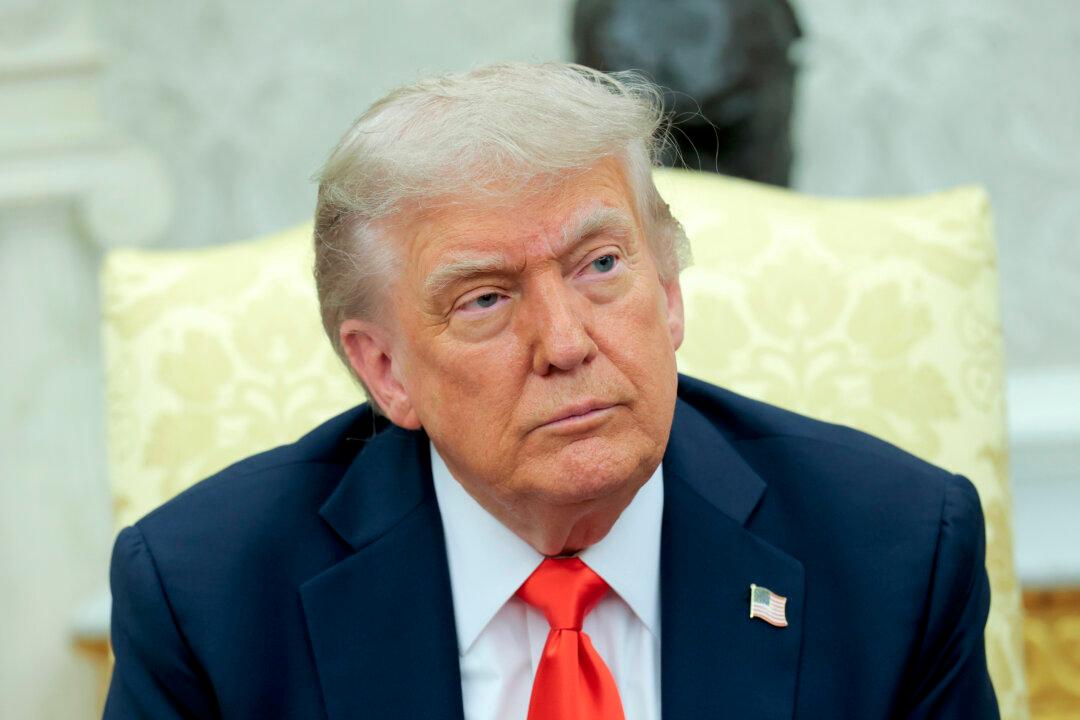House Speaker Nancy Pelosi (D-Calif.) is facing questions about whether her husband, Paul Pelosi, made stock purchases based on information she gave him.
During an exchange with a reporter on Thursday, Pelosi responded with “no” and “absolutely not” when asked about whether she handed information to her husband, a multi-millionaire California stock investor.





